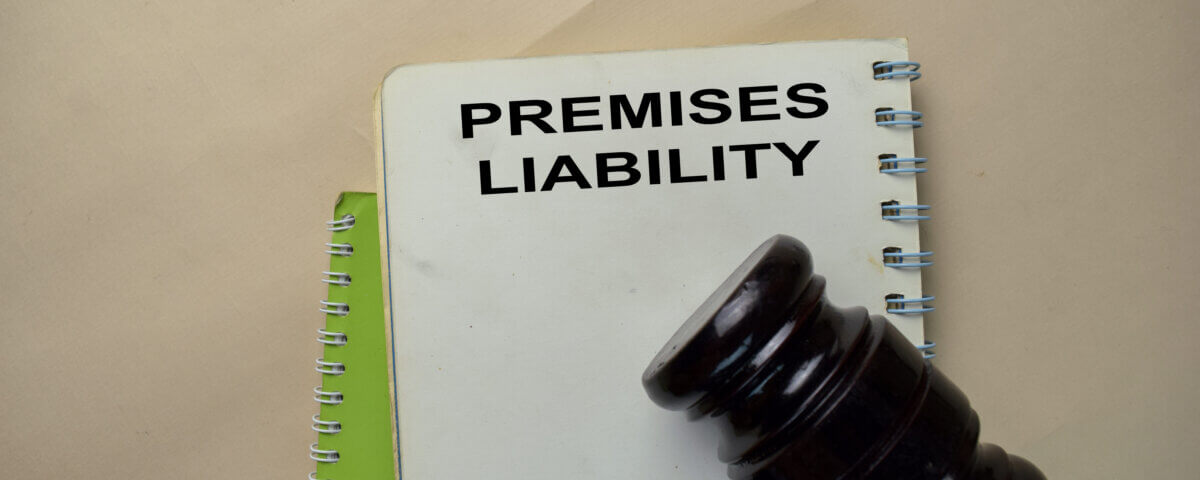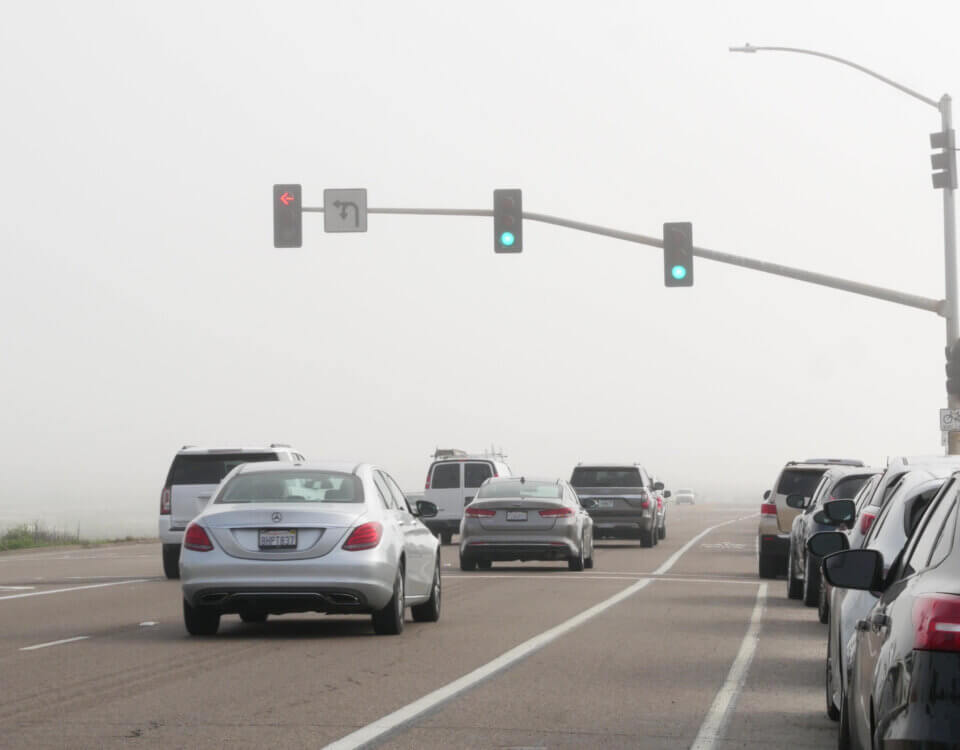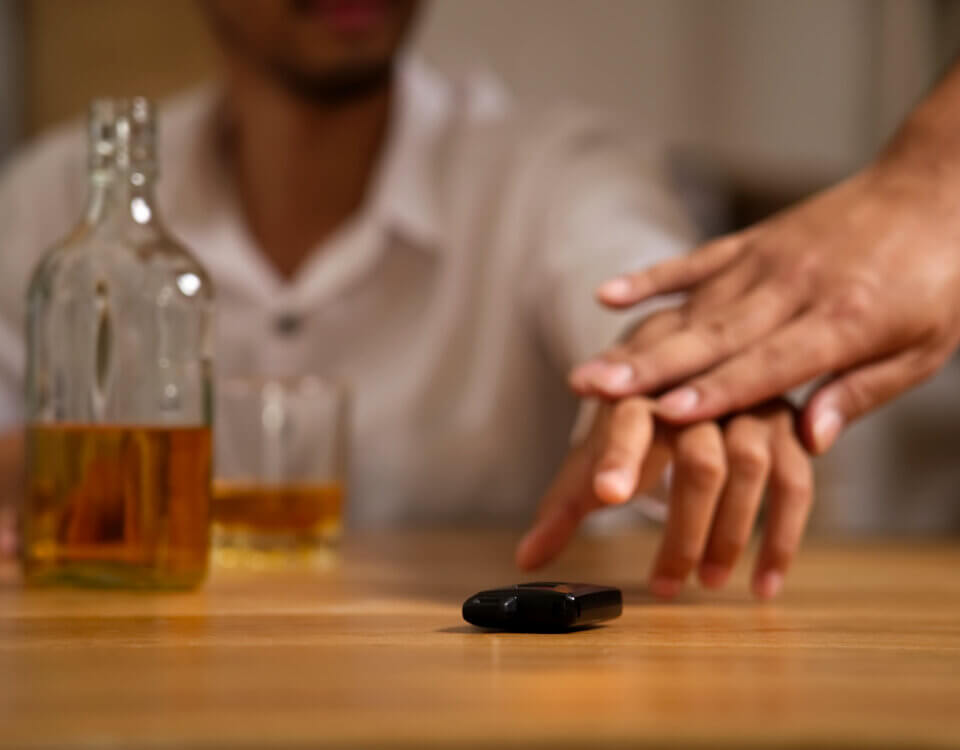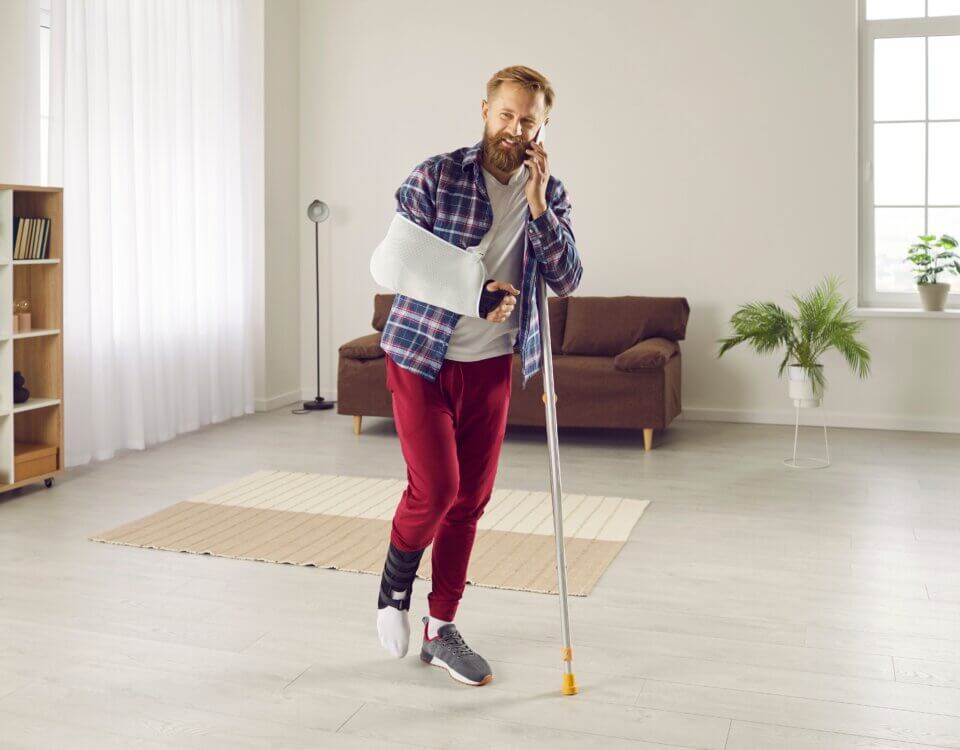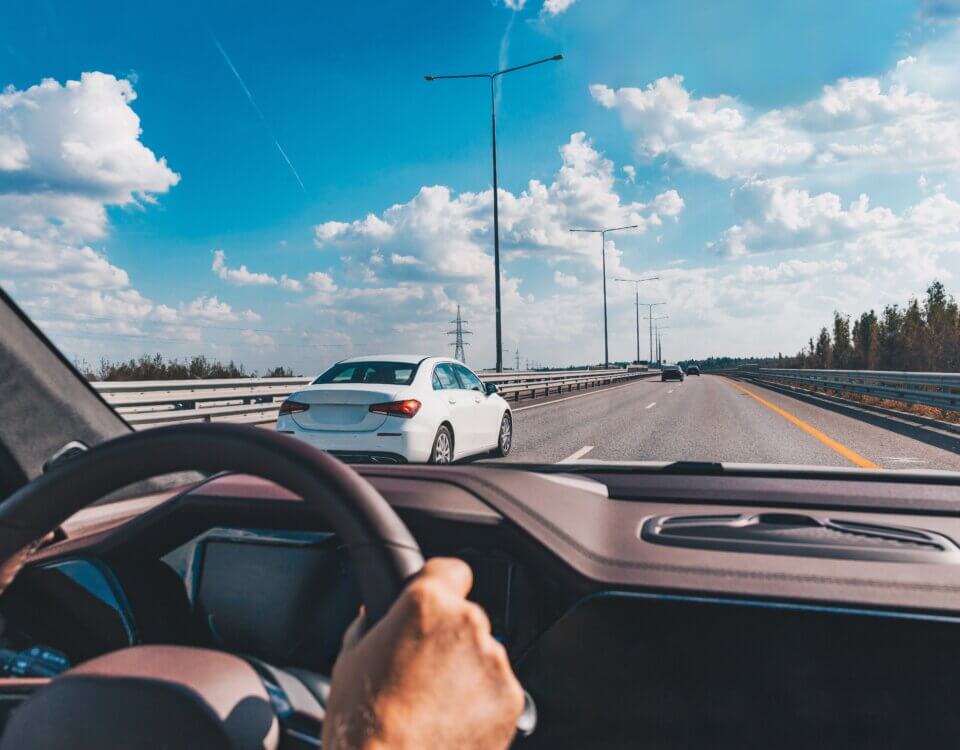When most people hear the term premises liability, they think of slip-and-fall accidents. But in California, premises liability covers a much wider range of personal injury claims. If you were injured on someone else’s property, you may be entitled to compensation if the property owner failed to keep the premises safe.
At Hillstone Law, we help injury victims hold negligent property owners accountable. Here’s what you need to know about how premises liability works in personal injury law.
What Is Premises Liability?
Premises liability refers to the legal responsibility of property owners to maintain safe conditions for people who enter their property. If they fail to do so, and someone is injured as a result, the property owner can be held liable for damages.
The level of responsibility a property owner owes depends on why you were on their property whether as a customer, a social guest, or even a trespasser.
Types of Visitors and Standards of Care
1. Business Invitees
Business owners have the highest duty of care. Customers and clients legally called invitees enter the property for the owner’s benefit. Business owners must:
- Regularly inspect their property for hazards
- Promptly repair dangerous conditions
- Warn customers of risks that cannot be fixed immediately
For example, failing to clean up a spill or repair broken stairs could make a business liable for resulting injuries.
2. Licensees (Social Guests)
A licensee is someone invited onto a property for mutual benefit, such as a social guest. Property owners are required to:
- Warn guests about known dangers
- Address hazards within a reasonable time
Unlike businesses, they are not required to constantly inspect the property, but they must still act reasonably to prevent harm.
3. Trespassers
Property owners generally owe limited duties to trespassers. However, they cannot set traps or intentionally cause harm.
There is one major exception: children. Under California’s “attractive nuisance” rule, property owners must take reasonable steps to secure features that might lure children, such as swimming pools, trampolines, or abandoned machinery.
Common Types of Premises Liability Cases
Premises liability extends beyond slips and falls. Some common examples include:
- Slip-and-fall accidents from wet floors, broken stairs, or poor lighting
- Dog bites and animal attacks on private property
- Inadequate security leading to assaults or robberies
- Exposure to hazardous chemicals or unsafe building materials
- Defective or poorly maintained structures like balconies or railings
- Drowning or pool-related injuries
Proving a Premises Liability Claim
To recover damages in a premises liability case, you and your attorney must show:
- You were injured on someone else’s property
- The property had a hazardous condition
- The hazardous condition caused your injury
- The property owner knew or should have known about the danger
- The owner failed to warn you or fix the hazard in a timely manner
- You suffered damages, such as medical expenses, lost income, or pain and suffering
Why You Need an Experienced Premises Liability Attorney
Premises liability cases can be challenging because property owners and their insurance companies often try to deny responsibility. At Hillstone Law, we:
- Investigate the accident and gather critical evidence
- Identify whether the property owner failed in their duty of care
- Calculate the full value of your damages, including medical costs, lost wages, and emotional distress
- Negotiate with insurers or present your case in court if necessary
Get Help From Hillstone Law
If you’ve been injured on someone else’s property in California, don’t assume you have to face the process alone. The attorneys at Hillstone Law will fight to hold negligent property owners accountable and pursue the maximum compensation available to you.
Contact Hillstone Law today for a free consultation and learn how we can build a strong premises liability claim on your behalf.
Note: These blog posts are created solely for the use of Hillstone Law. The information is gathered from internet research, publicly available sources, and artificial intelligence (AI) tools such as ChatGPT. While we aim to share helpful and educational content, Hillstone Law does not independently verify every detail. Some information may be incomplete, outdated, or subject to change without notice. If you believe any part of a post is inaccurate, misleading, or infringes upon copyright, please contact Hillstone Law immediately so we can review it and take appropriate action, including correction or removal.
Disclaimer: The material provided in these blogs is for general informational purposes only and should not be considered legal advice. Reading these posts does not create, and is not intended to create, an attorney-client relationship with Hillstone Law. Our intent is to share knowledge, raise awareness, and provide helpful resources to the public; however, Hillstone Law makes no warranties or guarantees about the accuracy, completeness, or reliability of the information provided, and expressly disclaims liability for any actions taken in reliance on it. The photos used in these posts are for illustrative purposes only and do not depict actual clients, individuals, or incidents unless expressly stated. If you or a loved one has been injured in an accident, please contact Hillstone Law at (855) 691-1691. Our attorneys are available to answer your legal questions and help you understand your rights.

